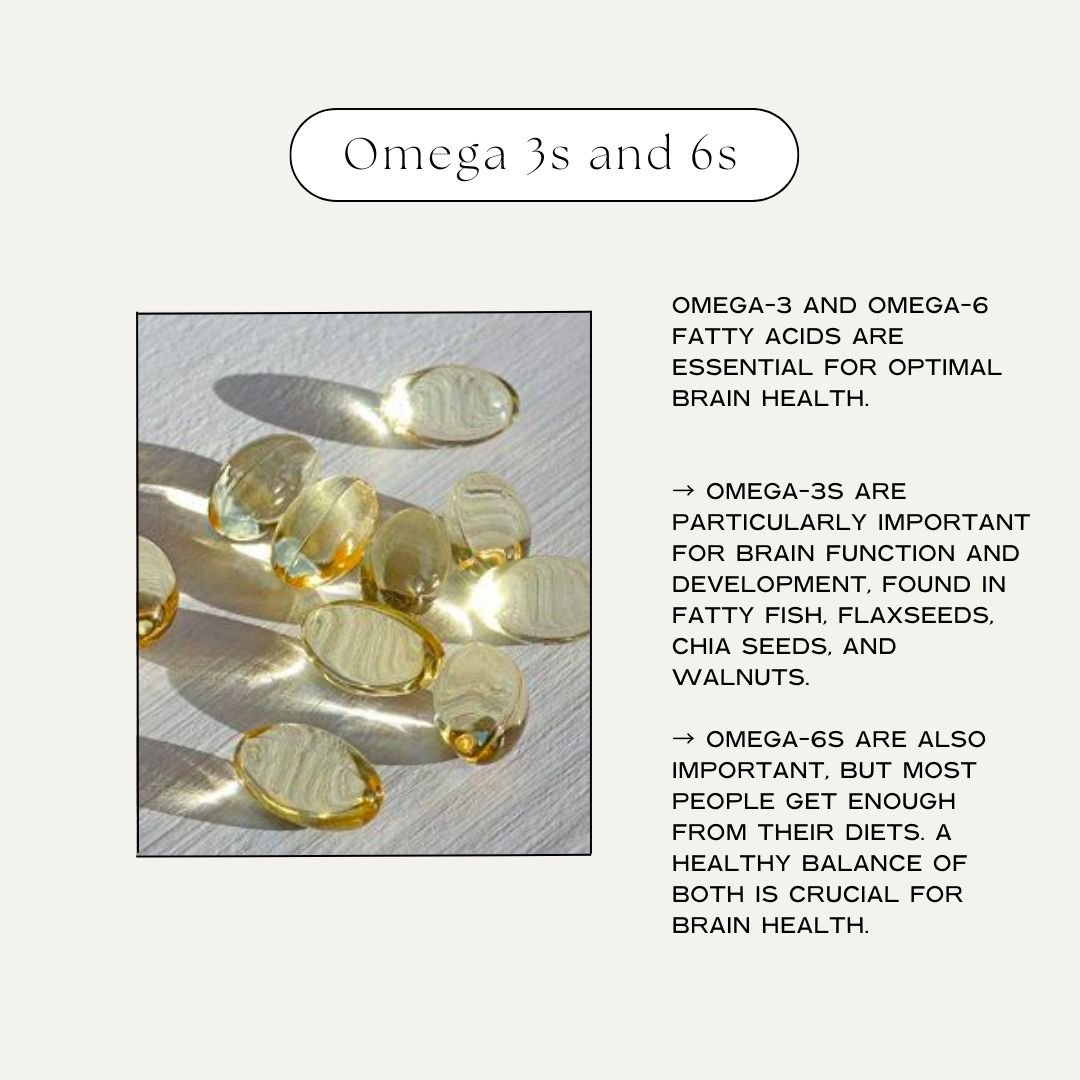Boost Your Neuro Functioning with These Top Supplements Backed by Science
As a healthcare professional with a background in population health & clinical research, I am often asked about the best supplements to support optimal neuro functioning. With the growing interest in brain health and cognitive performance, many people are looking for natural ways to enhance their brain function. In this blog post, we will explore some of the best supplements for neuro functioning, supported by medical studies and neuroscience research, and how they can potentially benefit your brain health.
Omega-3 Fatty Acids
Omega-3 fatty acids, particularly EPA (eicosapentaenoic acid) and DHA (docosahexaenoic acid), are essential fatty acids that play a crucial role in brain health. They are important structural components of cell membranes in the brain and are involved in various neurological processes, including neurotransmission and inflammation regulation.
Numerous studies have shown the cognitive benefits of omega-3 fatty acids. A meta-analysis published in the journal "Nutritional Neuroscience" (Yurko-Mauro et al., 2015) found that omega-3 supplementation improved cognitive performance in adults with mild cognitive impairment, while another study published in "Clinical Psychopharmacology and Neuroscience" (Song et al., 2018) showed that omega-3 supplementation improved attention and working memory in healthy young adults.
Vitamin B12
Vitamin B12, also known as cobalamin, is an essential vitamin that plays a vital role in neurological function. It is involved in the production of myelin, a protective sheath around nerve fibers, and the formation of neurotransmitters.
Research has shown that vitamin B12 deficiency can lead to cognitive impairment and neurodegenerative diseases. A study published in the "Journal of the American Geriatrics Society" (Tangney et al., 2012) found that low vitamin B12 levels were associated with worse cognitive performance in older adults. Vitamin B12 supplementation has been shown to improve cognitive function in older adults with deficiency (de Jager et al., 2012).
Magnesium
Magnesium is a mineral that plays a crucial role in nerve transmission, muscle function, and the production of neurotransmitters. It is also involved in regulating sleep, which is crucial for brain health.
Research has shown that magnesium supplementation may have cognitive benefits. A study published in the journal "Neuropharmacology" (Serefko et al., 2013) found that magnesium supplementation had anxiolytic and antidepressant effects, suggesting its potential for reducing anxiety and depression. Another study published in "Nutrients" (Boyle et al., 2015) showed that magnesium intake was positively correlated with cognitive performance in older adults, indicating its potential for preventing age-related cognitive decline.
Vitamin D
Vitamin D is known for its role in maintaining bone health, but it also plays a role in brain function. It helps the body absorb calcium, which is important for nerve function, and supports the immune system and reduces inflammation.
Research has suggested that vitamin D may also play a role in cognitive function. A study published in "Experimental Gerontology" (Annweiler et al., 2016) found that vitamin D supplementation improved cognitive performance in older adults with mild cognitive impairment.
In conclusion, omega-3 fatty acids, vitamin B12, magnesium, and vitamin D are some of the best supplements for neuro functioning, backed by medical studies and neuroscience research. These supplements have shown potential cognitive benefits and play important roles in various neurological processes. However, it's important to consult with a healthcare provider before starting any new supplements, especially if you have any underlying health conditions or are taking medications. A healthcare professional can help determine the appropriate dosage and ensure that supplements are safe and suitable.
References:
Serefko, A., Szopa, A., Wlaź, P., Nowak, G., Radziwoń-Zaleska, M., Skalski, M., & Poleszak, E. (2013). Magnesium in depression. Pharmacological Reports, 65(3), 547-554.
Boyle, N. B., Lawton, C., & Dye, L. (2015). The Effects of Magnesium Supplementation on Subjective Anxiety and Stress—A Systematic Review. Nutrients, 7(4), 2194-2212.
Abbasi, B., Kimiagar, M., Sadeghniiat, K., Shirazi, M. M., Hedayati, M., & Rashidkhani, B. (2012). The effect of magnesium supplementation on primary insomnia in elderly: A double-blind placebo-controlled clinical trial. Journal of research in medical sciences: the official journal of Isfahan University of Medical Sciences, 17(12), 1161-1169.




